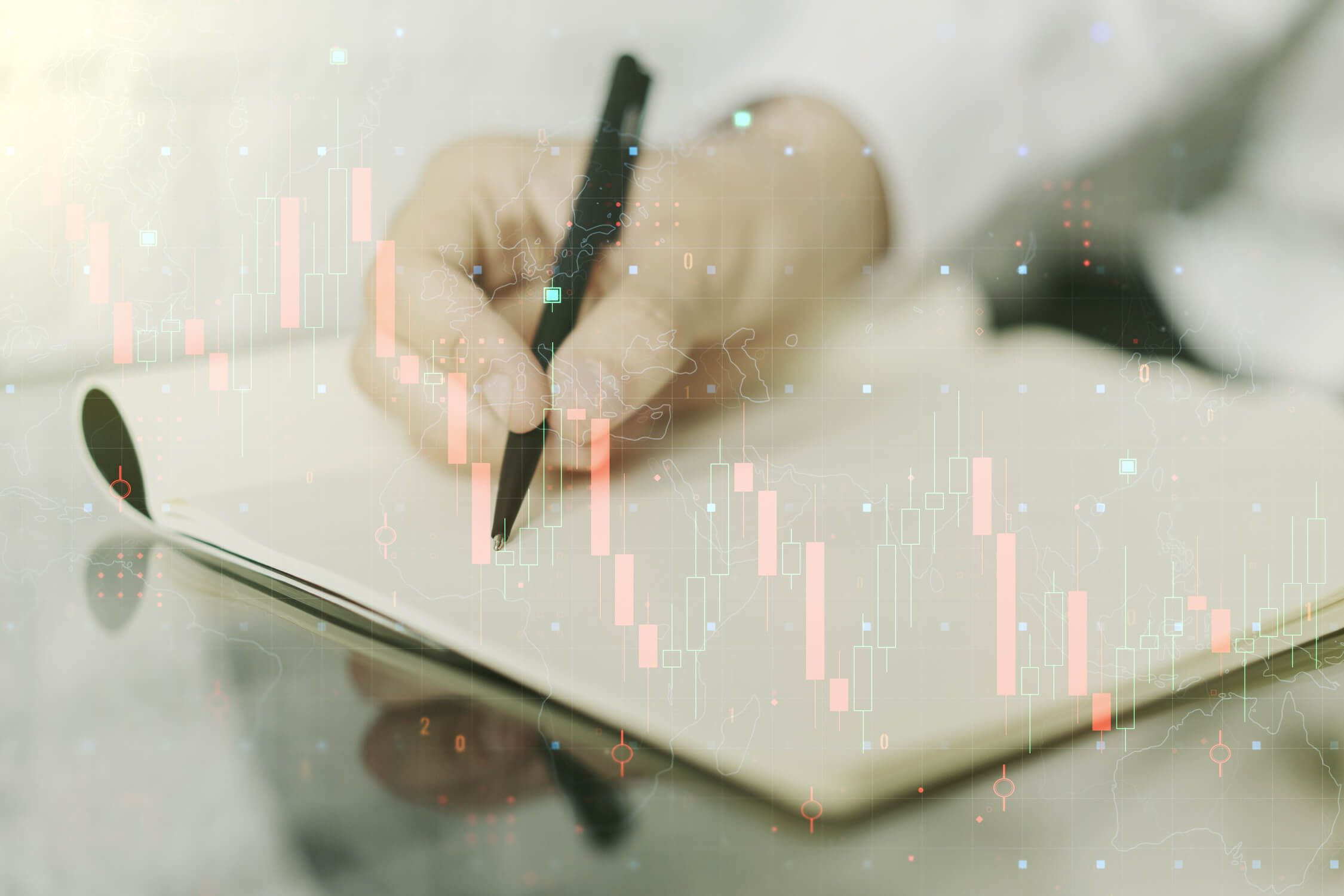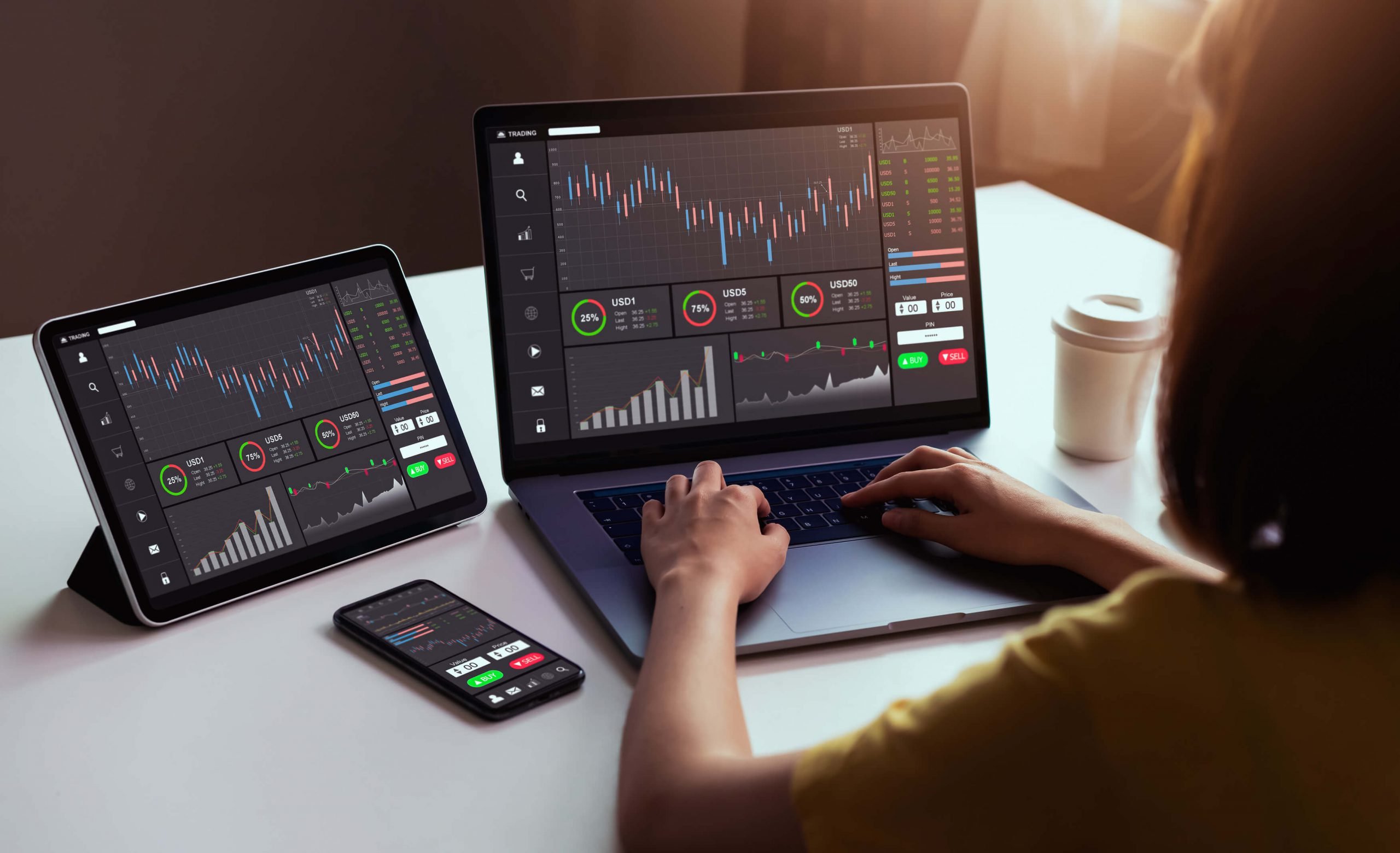What is Practice Trading?
Practice trading, also known as demo trading or paper trading, involves trading financial instruments without risking real money. It is a virtual trading environment that mimics real market conditions, allowing traders to execute trades and monitor their performance without any financial consequences.
How Does Practice Trading Work?
Trading platforms provide traders with demo accounts. With these accounts, traders access real-time market data, charting tools, and a wide range of financial instruments. They can simulate real trading scenarios using virtual funds.
Why Should Beginners Try a Demo Account?
-
Risk-Free Environment
One of the significant advantages of a demo account is the absence of financial risk. Beginners can experiment with various trading strategies and techniques without the fear of losing real money. This helps build confidence and reduces emotional stress associated with trading. -
Learning the Basics
Demo accounts provide beginners with an opportunity to learn the fundamental concepts of trading, such as order types, risk management, and market analysis. It allows them to familiarize themselves with the trading platform and develop a solid foundation before transitioning to live trading. -
Strategy Testing
Practice trading enables beginners to test their trading strategies in a realistic market environment. They can assess the effectiveness of their approaches, identify strengths and weaknesses, and make necessary adjustments without incurring any financial losses. -
Market Familiarization
Demo accounts allow beginners to gain exposure to different financial markets, such as stocks, forex, commodities, or cryptocurrencies. This helps them understand the dynamics of each market, study price movements, and develop an understanding of market trends and patterns.
How to Choose a Demo Account?
- Reliable Platform: Select a demo account offered by a reputable and well-established broker or trading platform. Ensure that the platform's functionality, user interface, and available features align with your trading needs.
- Realistic Trading Conditions: Look for a demo account that replicates real market conditions as closely as possible. It should provide access to real-time accurate pricing and execution speeds similar to live trading.
- Sufficient Virtual Funds: Opt for a demo account that offers an ample amount of virtual funds to practice with. Sufficient funds allow for realistic position sizing and testing of different trading strategies without the need for frequent account resets.
Conclusion
Utilizing a demo account offers numerous benefits for beginners in trading. It provides a risk-free environment to practice trading, learn essential concepts, test strategies, and familiarize oneself with different markets. By selecting a reliable platform, ensuring realistic trading conditions, and utilizing educational resources, beginners can make the most of their practice trading experience and lay a strong foundation for future success in live trading.



